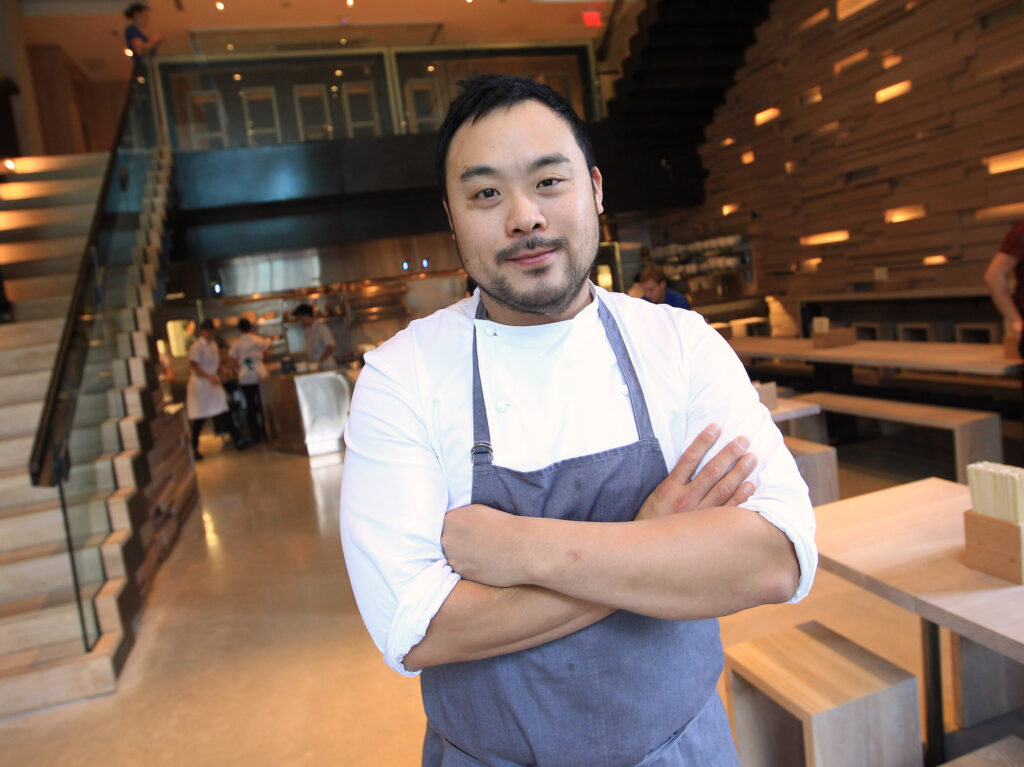170 degrees for 30 seconds. This is how hot and how long a kitchen sink needs to run to pass an NYC health code inspection.
The water from the sinks in Dave Chang’s restaurant Momofuku had just failed this test. A critical health code violation. And because this was not the first strike against the restaurant, the Department of Health had a file on Momofuku. Which meant the inspector was keeping tabs. He gave Dave a range of dates when he might return.
The timing was cruel. After dozens of menus that missed the mark and single-digit dinner “crowds,” the restaurant had finally found its footing. Dave and his team abandoned trying to copy other fine dining establishments and instead nailed their own personal vision for the food and the clientele: ramen and bao for people who give a shit about food.

But they had run out of time and money. Dave’s father had already taken out loans on his own business to keep his son’s dream alive. The long trail of rookie mistakes leading to this moment meant there was no more cushion. They couldn’t afford a building-wide plumbing overhaul without keeping the restaurant open to earn funds for the repair. And if the restaurant shut down, the money and reputation they’d toiled for would disappear.
In a last minute scheme of desperation, Dave instructed his handyman and a welder to shut off every sink except one. Blocking those sinks would conserve enough hot water so that one sink would work. In the way a magician directs attention to what he wants the audience to see, the Momofuku team staged boxes and equipment hoping to entice the inspector to the only sink that could produce hot water. Feng shui for kitchen inspectors.
Dave’s hopes and dreams for a culinary career hinged on a government employee’s line of sight and 36 inches of industrial-grade stainless steel.
A few days later, the inspector arrived. He walked through the kitchen, selected a sink, and the kitchen staff tried not to exhale too loudly when piping hot water gushed out of the faucet. Momofuku lived to stay open another day, build clientele, and eventually become a household name amongst foodies.
Should we judge Dave as a poor planner who flies by the seat of his pants? I don’t think so. This story is from when he was a first-time restaurateur. Before he was a celebrity chef with restaurants across the globe and television shows with his name in the title.
This story is a triumph of quick decision making under pressure. First-time entrepreneurs can never know everything. They will get surprised often. Hopefully those surprises don’t kill the business. In this story, Dave’s quick decision turned out to be the right decision. If it was the wrong decision, I think Dave would have found a way to try again. His quick decision making kept the business alive.
Takeaway: Quick decisions will keep your projects alive when the unexpected happens.
I run a newsletter on learning video, entrepreneurship, and betting on yourself. Sign up here: http://actionworks.co/newsletter
Thanks to: Chris Wong, Mak Rahman, Eric Ho, Latham Turner.